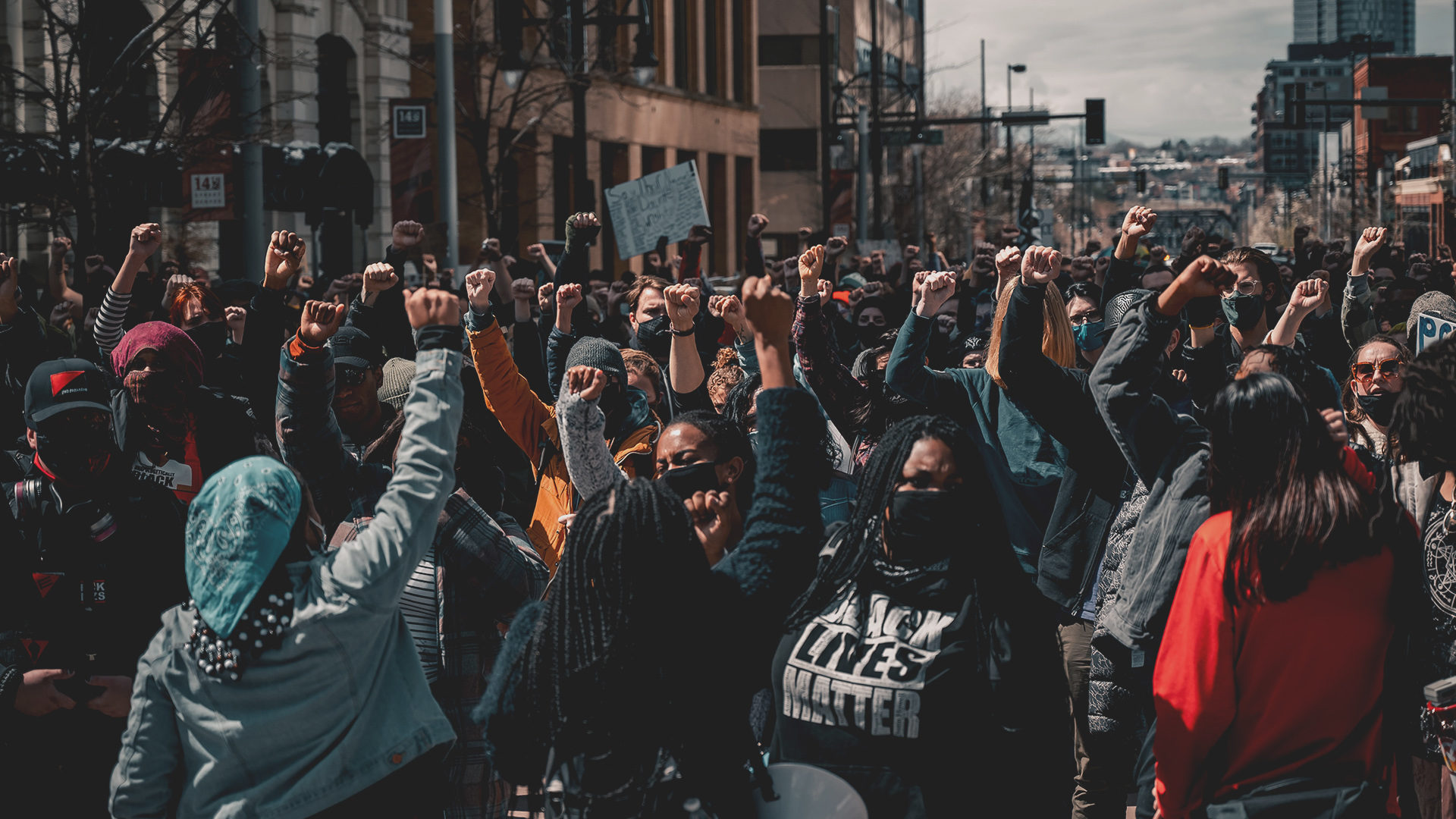In The Secular Creed, Rebecca McLaughlin outlines five contemporary claims that form a statement of belief for many of our secular neighbors. Since God has called us to live among neighbors and friends with diverse backgrounds and beliefs, and called us to love them and point them to the saving knowledge of Jesus, these are claims with which the Christian community must interact.
These are claims with which the Christian community must interact.
This book helps us dive deeper into some of the critical issues society is facing and shows how contemporary controversies point us back to our need for the rock-solid foundation of the love, mercy, dignity, and justice taught in our sacred text that was written 2,000 years ago.
Yard Sign Creed
McLaughlin boldly engages sensitive topics that we’re taught to avoid at family gatherings. With intellectual precision and genuine humility, she models how to engage opposing viewpoints with grace and truth. She frames her chapters around five claims that have begun to appear on yard signs in cities across America.
1. ‘Black Lives Matter’
McLaughlin begins by asking the reader to consider how Christians should relate to the statement “Black Lives Matter” (6), reminding us that throughout God’s Word—from the opening of Genesis to John’s concluding Revelation—we see God’s “multiethnic heartbeat” (13). She encourages us to carefully disentangle the difference between “Black Lives Matter” as an organization that stands for some things we cannot embrace and the biblical truth that black lives do indeed matter to Jesus.
2. ‘Love Is Love’
Next, McLaughlin addresses the pervasive contention that “love is love.” This slogan reinforces the view that anyone’s definition of love is valid. Rather than merely offering a differing perspective, she paints a completely different picture and offers an alternative question. Instead of the subjective “What is love?” McLaughlin says we should ask “Who is love?” The answer: God alone. She then shows how our search for belonging is right and good. In fact, we were made for a union that’s deeper and more beautiful than what we’ll find in either same-sex or heterosexual marriage. “Christian marriage, at its best, is a beautiful picture of Jesus’s love for us. But it’s not the only one” (41). McLaughlin reminds us that it’s in communion with Christ and in communion with his church where we receive the provision we were made for and long for.
3. ‘The Gay-Rights Movement Is the New Civil-Rights Movement’
McLaughlin’s third chapter rejects the argument that to be on the “right side of history”—as with the civil-rights movement—we must support the gay rights movement. She contends that sexual orientation isn’t like race and therefore this claim is invalid (54). She also boldly argues that it was the “historic failure of white Christians to love their black neighbors” that propelled this claim (43). She gives multiple examples of how the secular perspective doesn’t align with either historical or biblical truth. Without the existence of a Creator God, equality, dignity, and intrinsic worth would not exist. “The problem with Christians who supported segregation was not that they listened to the Bible too much, but too little” (47).
4. ‘Women’s Rights Are Human Rights’
McLaughlin next addresses the pro-choice claim that “women’s rights are human rights” and, according to many in society, that Christianity is bad for both. She gives clear examples of how the Bible, the church, and Jesus himself value and honor women. Yet, she doesn’t concede that the rights of women supersede the rights of other persons also made in the image of God. If Christianity is true, and if people are indeed made in the image of the living God, then both mother and baby matter (82).
5. ‘Transgender Women Are Women’
Finally, McLaughlin responds to the idea that “transgender women are women.” As in previous chapters, she points out contradictions in the messages that society heralds. She challenges the reader to know God’s Word and proposes that many of the ideas society uses to counter Christianity were actually rooted in God’s Word and in God’s good plan from the beginning. She gives examples of current issues that need to be addressed and models honest communication with those who are asking challenging questions by evaluating their claims against the objective truth of Scripture. McLaughlin does this while offering the encouragement and hope we find in Christ alone.
Truth and Grace
Since there’s no way to address extremely sensitive topics without offending readers on both sides, it’s inevitable that McLaughlin’s work will be met with a variety of responses. Despite the potential that some will take issue with McLaughlin’s conclusions, this book is immensely helpful to the church. Although it addresses only five specific claims, the value for the Christian community is much broader. McLaughlin provides an example for how to sincerely interact with the issues society is facing in a way that holds Scripture as our ultimate authority.
We also learn from McLaughlin how to approach a sensitive issue with a helpful balance of grace and truth, a skill that can be applied to a variety of situations or issues. Maybe most importantly, McLaughlin responds to heated contemporary claims with the humble, intellectual honesty that might win a hearing by someone who needs Jesus.
This article is adapted from Cyndi Logsdon’s book review of The Secular Creed that appears in Themelios 47, no. 1 (April 2022). Access the full journal online.
